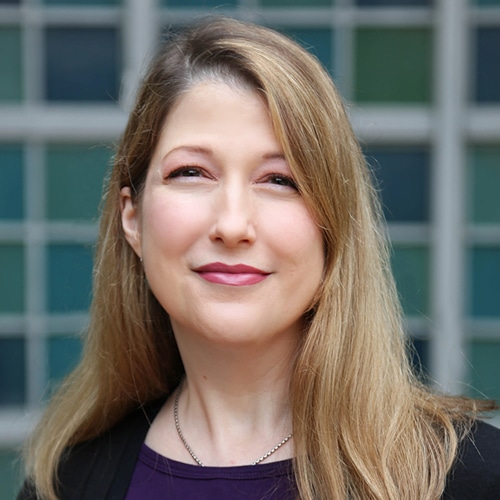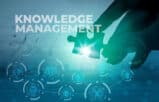Google’s Gmail has made news in the past couple of years by “losing” users’ e-mail—often years’ worth. While these outages have primarily affected the free Gmail service, even access to the paid Google Apps has occasionally been lost. More egregiously, in 2008 Charter Communications (an ISP) accidently deleted 14,000 customers e-mail accounts—and all the e-mail messages in them. For lawyers who are using the free Gmail, or other webmail services, as their primary e-mail tool for client communications, one must ask, “How are you backing that up?”
With Gmail, there are a number of options.
- You can run Google Gears and maintain a local copy of Gmail. This is a pretty useful option, letting you choose which folders you want to maintain locally. Look in Gmail Settings under “offline” to set this up.
- Another option is to set up IMAP, which synchronizes your Gmail to a downloaded e-mail client (like the free and multi-OS compatible Thunderbird, Eudora or open source Zimbra) to keep on your server or hard drive. (Which you do back up, don’t you?)
- Or you can set up POP to keep a copy of your e-mail local, but with no synchronization.
On the downside, free Yahoo! Mail has no easy options to download or synchronize mail locally, though their premium service, Yahoo! Mail Plus, does allow you to POP e-mail to a local e-mail application. Windows Live (aka MS Outlook Express) has built-in functionality to download MS Hotmail, as well as mail from Gmail and Hotmail. For other web-based e-mail services, including those provided by your ISP, you can hunt around for instructions or FAQs to see what your options are for creating a local backup.
Free open-source POP tools such as freePOPs let you POP from most common web-based e-mail providers. The free-to-try IzyMail creates POP, IMAP or SMTP connections from webmail to a local e-mail client, as well as easily pushes e-mail to iPhone, BlackBerry and other mobile devices. There is an extension for Thunderbird to integrate with most major webmail providers, and Zimbra also has built-in aggregation.
Really, there are lots of options. Don’t let your record of client communication fly in the ether without a safety net.
Catherine Reach is Director, Law Practice Management & Technology for the Chicago Bar Association. A popular speaker and author on law technology, she was Director of the American Bar Association’s Legal Technology Resource Center for over 10 years, providing practice technology assistance to lawyers. Follow her @CatherineReach.






















